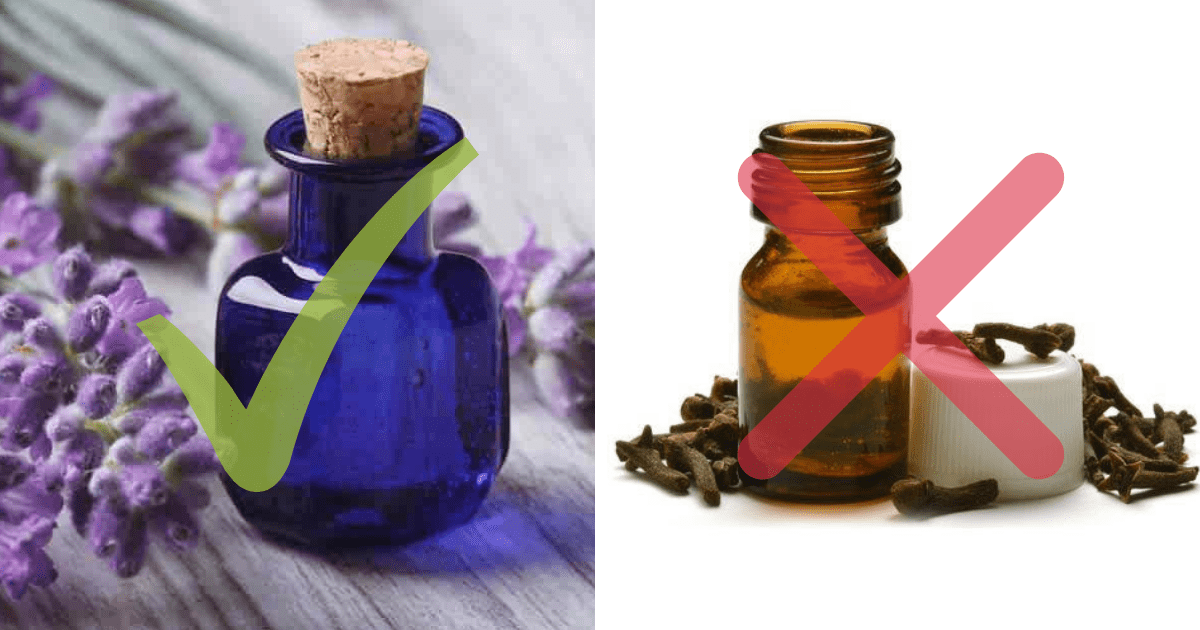If you’ve ever used an essential oil in your bath or on your skin, you know how heavenly it can smell and how smooth it feels. Essential oils are created from plant extracts, such as from a plant’s leaves, roots, stems, fruits, or flowers. They are used for many different things, including treating skin conditions, alleviating pain, soothing sore muscles, and relaxing your body, among many other uses.
Keep in mind though, when you use essential oils in your bath, it’s important not to use too much or it could irritate your skin. Here are some important tips to help you properly use essential oils in your bath.
Combine Essential Oil With a Carrier Oil


Make sure to combine your essential oil with a carrier oil before adding it to your bath water. If you put essential oils directly into the bath water, they will rise to the top of the water and just sit there. Plus, they will probably stick to your skin, which can burn and irritate your skin.
A carrier oil helps dilute the essential oils and safely carry them onto your skin. Popular carrier oils include coconut oil, olive oil, jojoba oil, avocado oil, and grapeseed oil.
Avoid Using Some Essential Oils in Your Bath


Some essential oils are not a good choice to use in your bath, even if you use a carrier oil with them. These oils tend to irritate the skin. It’s best to avoid using cinnamon, wintergreen, clove, savory, thyme (except linalool-type), and oregano. Instead, try lavender, rose, or chamomile … or any one of these.
Wait to Add the Essential Oil to the Bath


You may think it’s OK to drop in some essential oil as the water is filling up the bathtub. But, if you do, it won’t be very effective. The essential oils will rise into the air instead of settle into the bath water if you add it to the bath with hot water running. Instead, fill up your tub, turn off the water, and then add in your essential oil. This will get the best aromatherapy effect from the oil.
Try These DIY Essential Oil Bath Formulas


- For an extra-relaxing bath, try this essential oil formula and add it to your bath: 5 drops of lavender, 3 drops of frankincense, and 4 drops of chamomile with 1 tablespoon of carrier oil.
- To soothe your muscles, create this essential oil formula: combine 1 tablespoon of carrier oil with 4 drops of lemongrass, 3 drops of lavender, and 5 drops of marjoram or sweet marjoram.
- For an energizing and uplifting bath, try this essential oil formula: combine 3 drops of rosemary, 5 drops of lemon, and 2 drops of thyme linalool with 1 tablespoon of carrier oil.
Top Essential Oils


Try out these amazing essential oils in your bath to achieve different effects:
- Cypress: creating a positive mindset.
- Eucalyptus: decongesting properties.
- Frankincense: relieving worry and fear.
- Lavender: soothing and calming.
- Lemongrass: soothing.
- Orange: balancing and happy.
- Peppermint: invigorating and stimulating.
- Pink grapefruit: uplifting and energetic.
- Roman Chamomile: calming and de-stressing.
- Sandalwood: grounding and focusing.
- Spearmint: lifting spirits and reducing stress.
Remember These Safety Tips
Please SHARE this with your friends and family.


While adding essential oils to your bath water is a great way to help you relax, get energized or focus, there are a few precautions you need to take. Remember that when bathing in essential oils, they can make your bath more slippery. And remember to never ingest essential oils.














